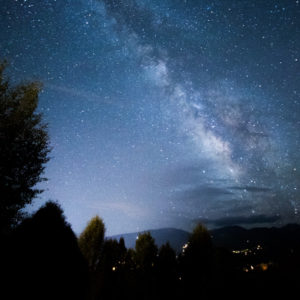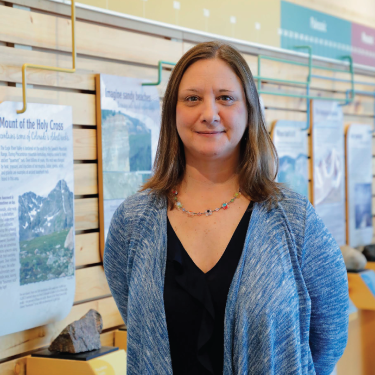 We think of New Year's Day as the start of something new. But in the grand scheme of things, the timing of the day is actually fairly arbitrary. Like most things, I found this out on Google, because after thinking about the winter solstice we had last week, I wondered why the new year didn't just start then. Wouldn't it make sense to begin the new year on the shortest day of the year, slowly counting upwards as the days got longer?
We think of New Year's Day as the start of something new. But in the grand scheme of things, the timing of the day is actually fairly arbitrary. Like most things, I found this out on Google, because after thinking about the winter solstice we had last week, I wondered why the new year didn't just start then. Wouldn't it make sense to begin the new year on the shortest day of the year, slowly counting upwards as the days got longer?
You probably know that months are timed to coincide with the phases of the moon, with a month representing the time it takes for the moon to complete a full cycle, from new to new or full to full. And of course, a year is the time it takes the Earth to revolve around the sun. But in the early days of the Roman calendar, there were actually only ten months, and the last 60 days of the year were essentially unnamed. In fact, political leaders sometimes decided to eliminate these last 60 days, ending the year suddenly and thereby ending the term of any elected officials who weren't aligned with their own views. This was politically convenient and Roman emperors regularly made proclamations adjusting the calendar. So the state of our current calendar is really more the result of political wrangling than it is due to the natural cycles of our planet.
But ultimately, would anything really be different if we had a different calendar? Would our society be more in sync with the rhythms of nature if we had a calendar that recognized more of our celestial rhythms? Our calendar is timed to coincide with the movements of the moon, but while the moon and its gravity certainly have influence over our watery planet, the movement of the Earth around the sun seems a little more central to our everyday lives. Throughout the centuries, people have celebrated the solstices, and these celebrations continue today, but what kind of potential could be unleashed if we as a society were to stop together, just at that moment when the sun stops its southward journey and turns back towards the north. What if we all just paused at that moment to reset for the New Year?
Well, for starters, the New Year wouldn't begin at midnight. So there would be less opportunity for late night revelry and debauchery. Instead, the celebrations might be occasions for community gathering, individual reflection, and both public and personal recognition of what we have overcome in the past year, followed by deliberate intention for what we hope to achieve, learn, and become in the next.
But maybe there is some potential here. We can't move the date of the new year at this point, but we can look for ways to connect ourselves to the natural world for the next trip around the sun. Pay attention to the sunsets and the sunrises. Notice when they happen and what else is going on. What are the birds doing and what does it mean? Watch the rivers that bring us life-sustaining waters as they rise and fall throughout the year. The patterns and cycles of the natural world have great powers to bring and take away life, as they support and nurture us throughout our lives. Think about the things in nature that rejuvenate you - maybe it's the beautiful morning sunrise, or maybe it's the sparkling white snow, or maybe it's something that only you notice and appreciate. But my challenge to you on this brand new calendar year is to reconnect with nature. Rejuvenate. Reinvigorate. Feel the wind blowing through your hair and embrace what the year has to bring.
On New Year's Day, it is natural to reflect on the past and to hope for the best in the future. Whatever the previous year has brought you and your family, may you all find some joy in the lessons you have learned, and may the lengthening days bring health, happiness, and peace.
Jaymee Squires is the Director of Graduate Programs at Walking Mountains Science Center in Avon. She felt especially privileged this year to spend the solstice in celebration with family and friends, and she is looking forward to a calm and peaceful New Year!









